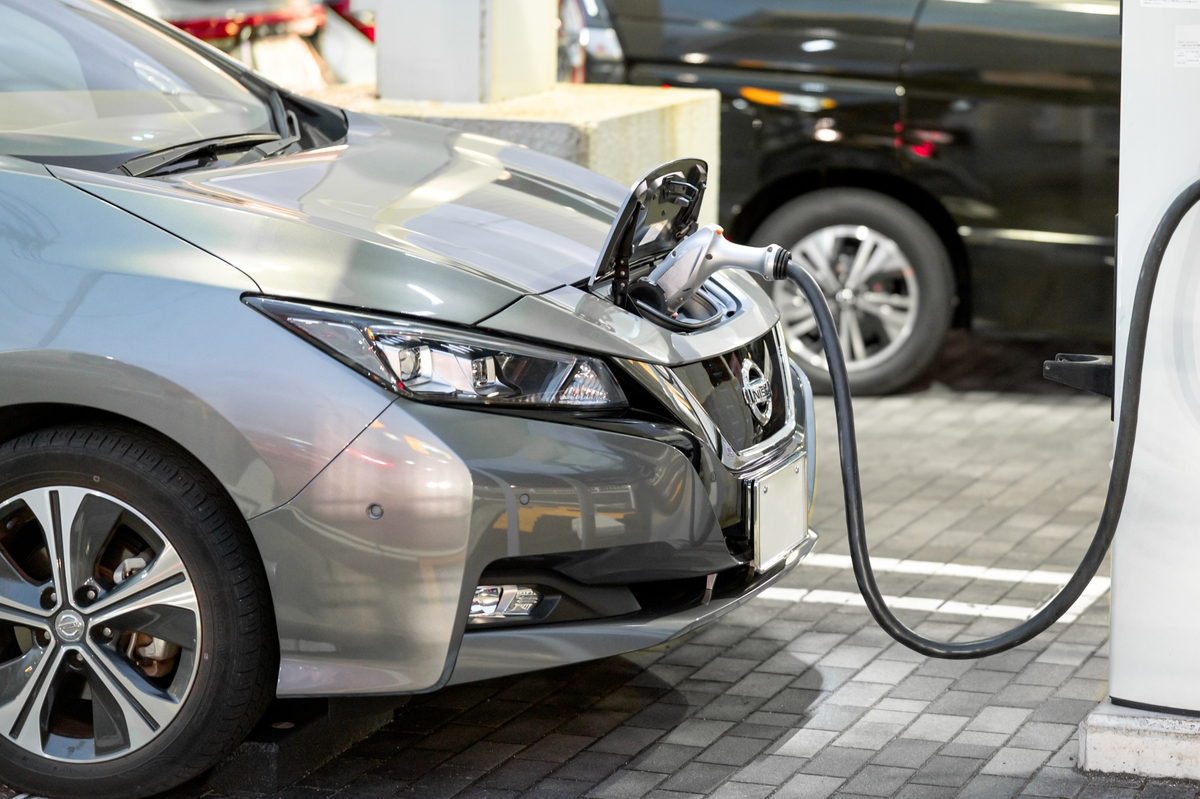For the longest time, Japanese auto was synonymous with performance and longevity, but the industry has failed to upgrade itself over the years beyond internal combustion engines. Electric vehicles are selling like hotcakes, especially in neighbouring China, and it seems Japan’s auto sector might be headed into a dark period after years of exemplary growth.
Recent statistics show that Toyota Motor Corp continued to be the world’s top-selling carmaker in 2022 – despite supply chain issues and falling consumer demand. However, Toyota nor any other Japanese automaker is a leader in the electric vehicle space. The EV market is expected to capture a quarter of the global auto sales by 2029, as per consultancy firm AutoForecast Solutions. But Japanese automakers are joining the market rather late.
Japanese auto industry and EVs
A global economic slowdown has hit car sales in Japan, and the latest vehicle sales figures show that India has taken third place in the world’s biggest auto market by surpassing Japan. Additionally, data from the Japan Automobile Dealers Association and the Japan Light Motor Vehicle and Motorcycle Association showed that new car sales in Japan in 2022 were the lowest in 45 years.
As investors, we are interested in the companies and their outlooks and their overseas presence. These are some of the top Japanese auto firms – Toyota, Honda, Nissan, Mazda, Mitsubishi, and Suzuki.
Toyota wants to sell 3.5 million electric vehicles by 2030 and is already a leader in hybrid vehicles. Investments in fully electric vehicles have just begun for the company, and it currently has only one model under this section with plans to launch more in the coming years. The company has launched an aggressive strategy under which it plans to have 30 EVs to choose from by 2030.
Meanwhile, Toyota has the highest number of patents for solid-state batteries, and the future technology of EV batteries is still under development. Toyota is planning to release a hybrid car using a solid-state battery as early as 2025. However, one might wonder why the automaker opts for a hybrid car when solid-state batteries could completely power electric vehicles.
“In the distant future, I’m not assuming that battery electrics are 100% of the market. I just don’t see it,” Jim Adler, founding managing director of Toyota Ventures, the automaker’s venture capital unit said. “It really will be a mixed market.”
Former CEO Akio Toyoda had previously said that Toyota would invest $30.7 bn into electric vehicles and next-gen battery technology till 2030.
Honda, number three in Japan by 2021 sales, has focused on hybrid vehicles and plans to build EVs using its proprietary platform by 2026, and launch affordable EVs co-developed with General Motors in 2027. The company wants to sell 2 million EVs annually by 2030, become an EV-only brand by 2040 and go fully carbon neutral by 2050.
Honda’s first commercial all-electric vehicle will be the Prologue, an SUV slated for launch in 2024, but using a chassis and battery borrowed from GM, which is also building it.
While Honda seems quite late, Nissan realised the importance of EVs back in 2021, when it said the company will spend 2 tn yen ($15.3 bn) over the next five years to launch EVs. The company has plans to launch 15 new electric-only models by 2030 and is targeting 40% of its sales to be EVs by 2040. Currently, the Nissan Leaf is a hot seller.
Nissan, besides Toyota, is another Japanese auto company which is focused on solid-state batteries and plans to bring the technology to the market by 2028. The company is currently establishing and piloting a production line at its Yokohama Plant.
Another major player is Suzuki Motor Corp, which just last week said it will invest 4.5 tn yen ($34.8 bn) through 2030 in the electric vehicle sector. Suzuki has overtaken Honda by sales in 2021 to stand in second position after Toyota.
Separately, also Mazda said late last year it will spend $10.6 bn on EVs.
EVs in Japan
The global electric vehicle market is dominated by the likes of Tesla, China’s BYD, Kia and Volkswagen, among others. Among the top 20 EV makers around the world, not one is from Japan. This shows how far behind the Japanese auto sector is when it comes to transforming to new technology. Toyota’s CEO Toyoda even stepped down recently, naming the company’s ineptitude in the EV market as one of the main reasons.
However, things have started changing, and an example is the Sony and Honda partnership for EVs, launching the brand called Afeela. There are a few other startups in the country which are exploring the EV route, but none are as significant as Tesla or BYD.
China’s BYD recently debuted in Japan and has plans to open 100 dealerships across the island by the end of 2025.
“China produces three-quarters of all lithium-ion batteries and has 70% of the production capacity for cathodes and 85% for anodes, both of which are essential components of batteries. More than half of all electric cars in 2021 were assembled in China, and the country is poised to maintain its manufacturing dominance,” writes the International Energy Agency (IEA).
With such significant competition from its neighbour, it remains to be seen how the Japanese auto sector shapes up in the coming years even as hefty investments are made by automakers.


 Australia
Australia China
China India
India Indonesia
Indonesia Japan
Japan Malaysia
Malaysia Philippines
Philippines Singapore
Singapore South Korea
South Korea Taiwan
Taiwan Thailand
Thailand Vietnam
Vietnam







